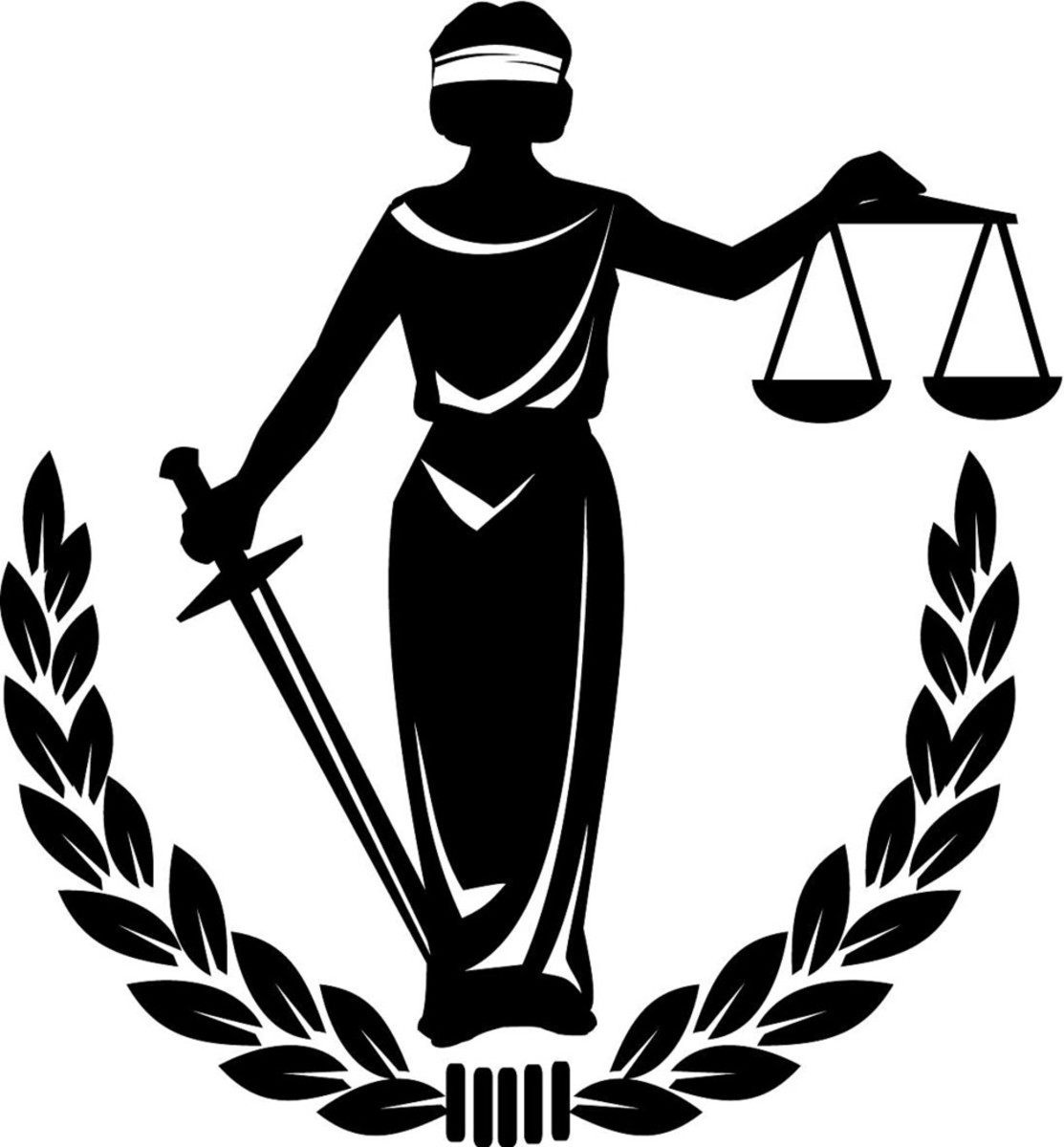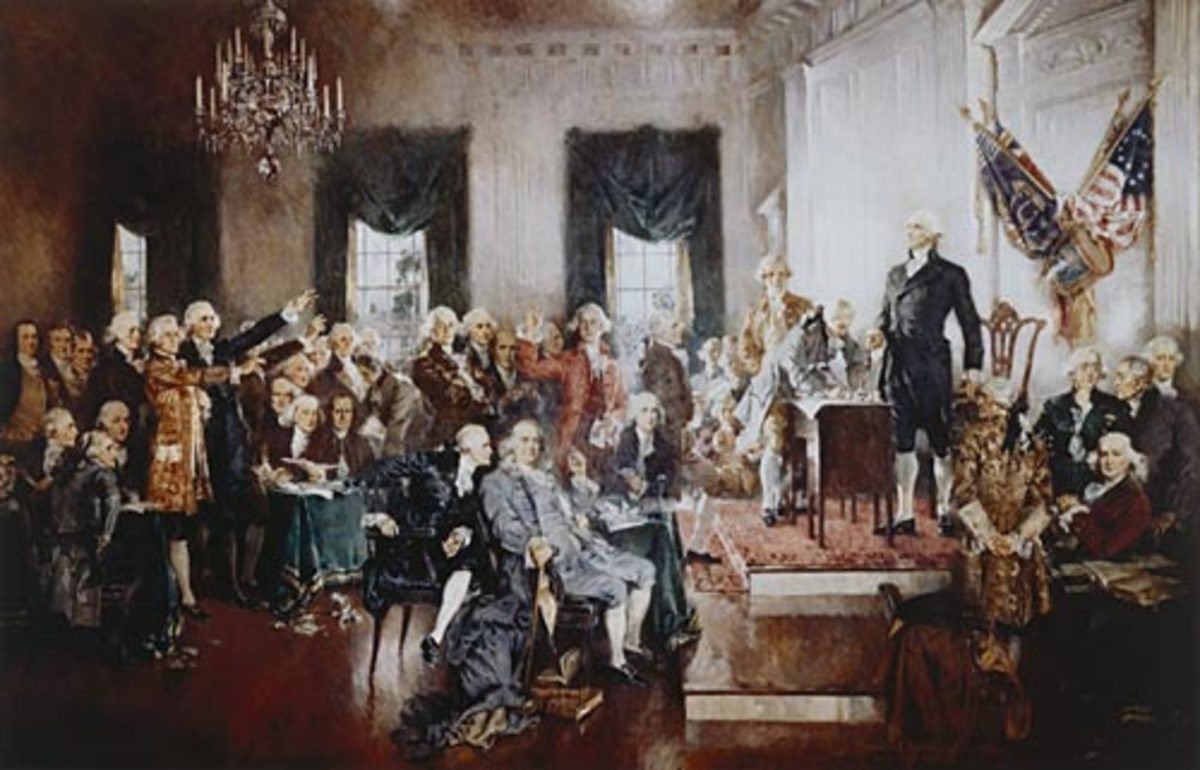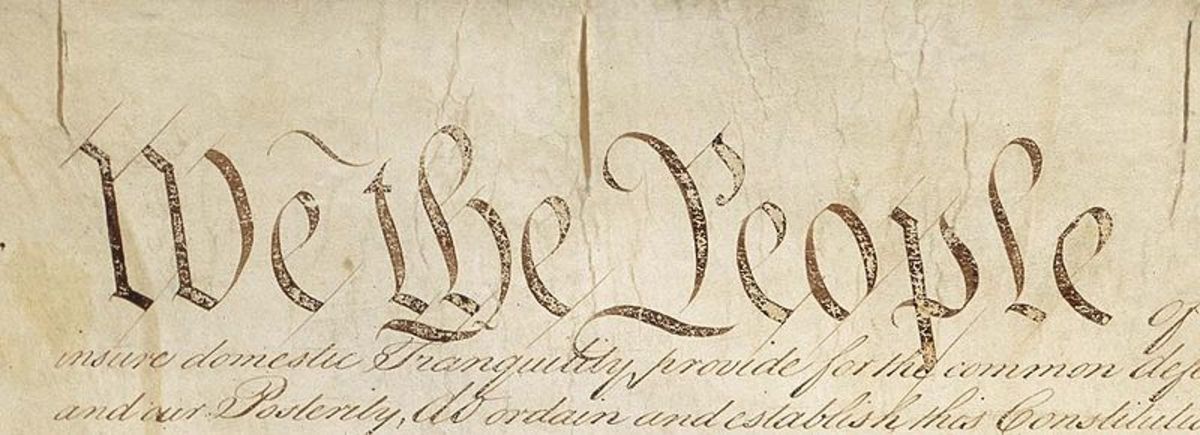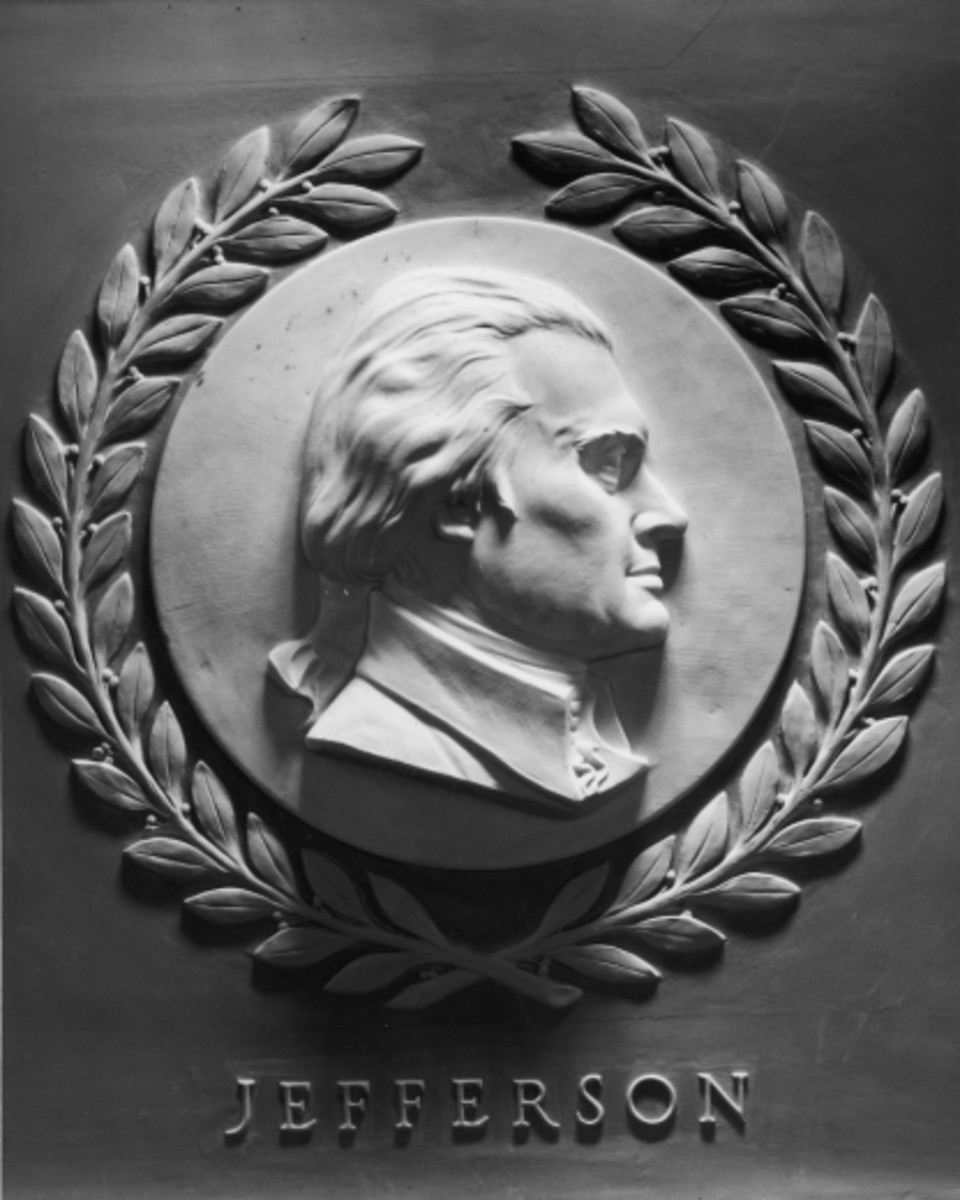Understanding Criminal Procedures In The Constitution In Regards To The Amendments
Understanding Criminal Procedures In The Constitution In Regards To The Amendments
When analyzing the impact in which the fourth amendment has on some Americans, we have to look at things such as how much they are willing to demonstrate to drive their points across, making a major statement of impact. The fourth amendment rights of individuals have been put in place to protect them against any unreasonable searches and seizures that includes warrants unless there is a probable cause for a search, this includes persons or things in which they are in possession of.
Under this amendment, what is considered valid searches and seizures without a warrant are things such as: Detention short of arrest: Stop and frisk. Search Incident to Arrest. Vehicular Searches. Consent Searches. Border Searches. “Open Fields”. “Plain View”. Public Schools. Government Offices. Prisons and Regulation of Probation. Drug Testing. These are some of the searches the Supreme Court has authorized the police to conduct over the years when probable cause is maintained. Some rights that Americans claim if they are accused of crimes are in the 4th Amendment, just one of the amendments that is backed by the constitution.
In our Fifth Amendment, citizens can’t be accused of a crime serious in nature unless they are afforded the right to a grand jury. This is where the term double jeopardy took flight and because of the Fifth Amendment it is a forbidden act, an act that a person cannot be taken or placed on trial twice for the same crime.
When it comes to the Sixth Amendment, there’s quite a bit to cover as far as the impact of the Sixth Amendment. In a criminal prosecution, the Sixth Amendment contains five principles which are responsible for affecting the rights of a defendant, they are as follows: 1) The right to a speedy and public trial. 2) The right to be tried by an impartial jury. 3) The right to be informed of the charges. 4) The right to confront and call witnesses. 5) The right to an attorney.
There was actually a time when lawyer’s main source of income was derived from the amount of capital cases they represented; an article published in 1951 “Showed that in 38.2 percent of all counties nationwide, defendants were either represented by unpaid lawyers or unprecedented entirely.” The trial of Gideon v. Wainwright in 1961 was the springboard that helped the United States Supreme Court in their enforcement of the Sixth Amendment. The decision in this case was unanimous in Mr. Gideon’s favor, the reasoning behind it was because anyone too poor to afford a lawyer would not be assured a fair trial.
The founding fathers of the Crime Acts of 1790, an example of a case in which Eighth Amendment rights were violated was the Furman v. Georgia (1972) trial, this was a case where United States Supreme Court determined that the death penalty sentence that was issued was based on racial discrimination, therefore a violation of the Eighth Amendment was deemed appropriate after the judge’s findings. In this case, Justice Potter Stewart stated that “These death penalties are cruel and unusual,” he also wrote in the majority opinion, “in the same way that being struck by lightning is cruel and unusual.” Once revisions were made to the initial death penalty law, it was re-instated in 1976 after proper revisions were incorporated.
Fourteenth Amendment is a very complicated amendment because it possesses the most unforeseen effects out of these three amendments. Four principles assorted in the text of the 14thAmendment includes: State and federal citizenship for all persons regardless of race both born and naturalized in the United States, no state is allowed to abridge the "privileges and immunities" of citizens, no persons will be deprived the rights of life, liberty, or property without "due process of law." and be denied the rights to "equal protection of the laws."
These principles are highly regarded as key clauses incorporated into the Fourteenth Amendment. Due process in the terms of the United States Constitution refers to how and why laws are enforced, this applies to all persons, citizens or aliens as well as corporations. Some examples include: Right to an impartial jury, right to be present at the trial and the right to a fair and public trial to be conducted in a competent manner, while Procedural Due Process is simply a process that’s clear cut, fair and have a presumption of innocence in order for it to be compliant with this particular process. It exist because a lot of different laws are vague in nature and aren’t always applied fairly, it examines unfair practices that take place in the process of law.
Personally, I don’t believe that any rights should be revoked at any time, that’s why they were written. They were designed to protect those who aren’t always able to protect themselves in this imperfect legal and justice system. I think Procedural Due Process strengthens the criminal justice system, because in order for a law to be effective, one must meet the criteria set forth in it, which is for it to be clear, concise, and fair in nature having the presumption that someone is innocent instead of declaring one’s guilt before their trial even begins.








